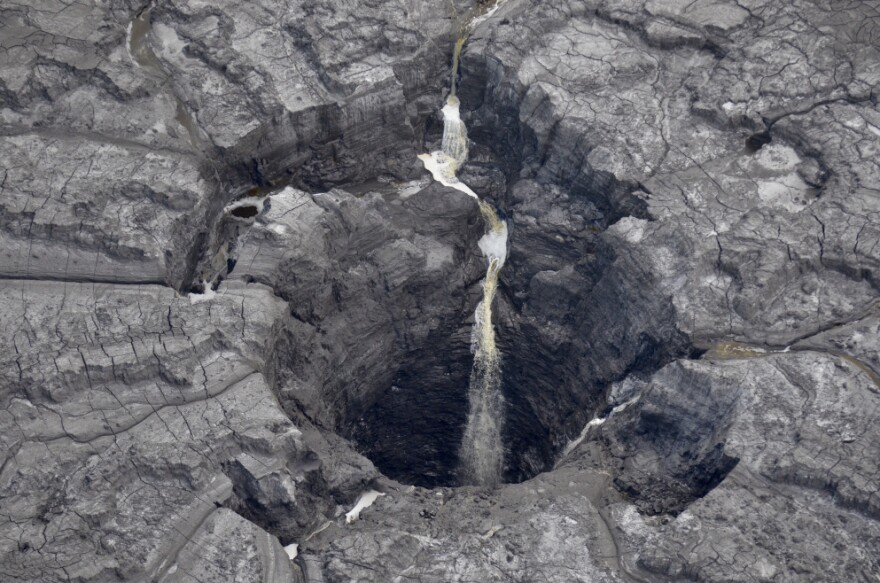This summer, more than 215 million gallons of wastewater poured into the Floridan Aquifer when a sinkhole opened up at the Mosaic fertilizer plant in Polk County.
Also this summer, Hurricane Hermine flushed tens of millions of gallons of raw and partially treated sewage into Tampa Bay.
Governor Rick Scott swung into action with an emergency rule forcing polluters to notify the public within 24 hours of a major spill. But last week an administrative law judge sided with business groups and said Scott had no legal authority to act.
Republican Representative Kathleen Peters of South Pasadena says she’s working on legislation to fix that.
“Because that’s the goal and I know that’s the governor’s goal to ensure that there’s transparency and that the citizens have the opportunity to protect themselves if they need to.”
The heavy hitter of the Tallahassee lobby corps, Associated Industries of Florida, the National Federation of Independent Businesses, and the Florida Retail Federation, fought to kill the emergency rule. They argued it would force convenience store owners to call a press conference every time a customer overfilled a gas tank.
Peters says she’s still working on thresholds for triggering public notice, and what the warning should say. But she thinks boil water notices are a good model.
“It’s amazing how when a water main breaks the media is reporting on that so quickly. And it seems to be quite seamless. And so can’t we get the same kind of system on a spill if it’s a health issue so that we can get the word out quickly.”
NFIB Florida executive director Bill Herrle said small business owners had a lot of concerns about the emergency rule. A diesel mechanic, Herrle says, isn’t always going to be the best interpreter of toxic thresholds.
“We feel that DEP, they’re the experts in this kind of situation. And they’re the ones that know the appropriate media to call and they’re the ones that have the best examples of, the best way of getting this information out to the locals in an area.”
However, Miller and Herrle insist they’re not opposed to the legislation. Herrle says he’s eager to help sponsors craft the language.
Legislative process as resulting in better public policy than just letting a state agency have a go at it.”
And that’s what worries Clean Water Network activist Linda Young the most. She’s afraid business interests will water down the legislation until it’s practically meaningless. A “may” instead of a “shall,” could make all the difference in the world, Young says.
“If this legislation is going to be meaningful, if it’s going to be protective and it’s going to accomplish what the public would like to have in place, there’s going to have to be very, very close scrutiny of every word.”
Governor Scott can be expected to do just that with every bill that crosses his desk.


